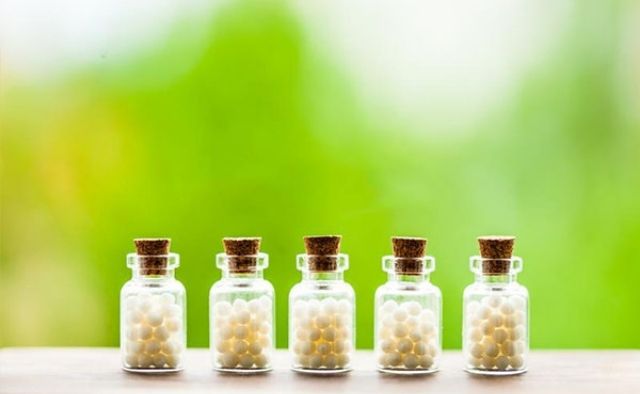About
Homeopathy

Homeopathy is a natural form of complementary medicine which encourages the body to heal itself. It has been practised worldwide for over 200 years to help treat a wide range of health conditions and is the second largest system of medicine in the world today, as recognised by the World Health Organisation (WHO).
Homeopathy can be used to treat people at all stages of life, animals and even plants. To read our real life patient stories, visit Success stories.
What can it be used for?
Homeopathy can help with minor ailments such as cuts and bruises and coughs and colds. Homeopathy can also help with long-term problems, particularly those which have failed to respond to conventional medicine, such as arthritis, asthma, migraine, chronic fatigue syndrome, depression, eczema and irritable bowel syndrome.
Use our Remedy Finder to explore the range of conditions that can be helped by homeopathy.
How does it work?
Homeopathy is based on the principle of ‘like cures like’. In other words, a substance taken in small amounts will cure the same symptoms it causes if taken in large amounts. For example, a patient suffering from hayfever may benefit from the homeopathic remedy Allium Cepa (onion) because it produces similar symptoms, ie: watery eyes or runny nose.
What does a homeopathic consultation involve?
Homeopathy treats each person as a unique individual with the aim of stimulating their own natural healing ability. Homeopaths work in a similar way to conventional doctors, but as well as asking about the unique way your symptoms affect you, a homeopath will also cover your lifestyle, medical history and state of mind. Your homeopath will then prescribe the most appropriate homeopathic medicine.
What are homeopathic medicines?
Homeopathic medicines – also known as remedies – are made from substances designed to help stimulate the body’s healing ability. Remedies are made from small amounts of natural substances such as plants and minerals and are prepared – or “potentised” – using a process of repeated dilution and succussion (vigorous shaking).
Remedies are made in licensed laboratories under strict controls. They are usually taken as a tablet, but are also available as liquids, powder or creams.
Can I use homeopathy alongside other types of treatment?
Yes, homeopathy works well alongside conventional medicine in a variety of ways, for example, to support recovery after an operation. Despite the differences in approach, homeopathic and conventional treatments can work very well together and many medical doctors are also trained in homeopathy.
Is homeopathy safe?
Homeopathy is safe for people at all life stages including babies and pregnant or breast feeding women. Unlike some conventional drugs, homeopathic medicines are non-addictive with no dangerous side-effects.
Is homeopathy officially regulated?
Doctors and other healthcare professionals who practise homeopathy are regulated by their relevant professional body. The Faculty of Homeopathy represents medically-qualified homeopaths (doctors who are also trained in homeopathy), while Society of Homeopaths & Alliance of Registered Homeopaths both represent professional homeopaths.
Our charitable clinics are all run by homeopaths registered with one of these three organisations. You can also use our FindAHomeopath search tool to find registered homeopaths near you.
Is homeopathy available on the NHS?
Homeopathy on the NHS is available in Scotland on referral to the Centre for Integrated Care in Glasgow. There is also an NHS Clinic in Dundee providing services to patients in that region.
In 2017, NHS England sadly stopped funding homeopathic medicines in primary care in England. Wales has followed NHS England’s recommendations and homeopathy is difficult to access via the NHS. In Northern Ireland, there are a number of GPs practicing homeopathy alongside conventional medicine.
Finding a homeopath
Homeopathy UK funds a UK-wide network of clinics offering low-cost care from registered homeopaths. For more information or to book an appointment, visit our clinics page.
You can also use our Find A Homeopath tool to find details of hundreds of homeopaths who are members of the main registering bodies.
How do I use homeopathy?
Homeopathic medicines can be bought over the counter or online at Homeopathic Pharmacies – Helios, Ainsworths, Nelsons and Freemans. While many people find homeopathy useful for minor ailments or family first aid, we would always recommend consulting a qualified and registered homeopath for more complex conditions.